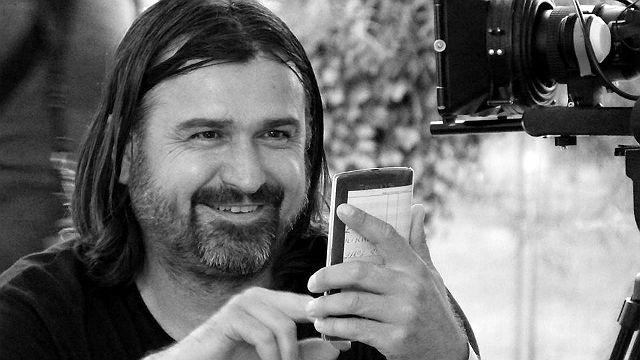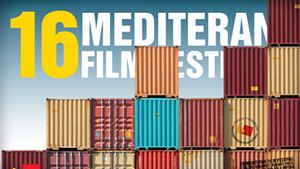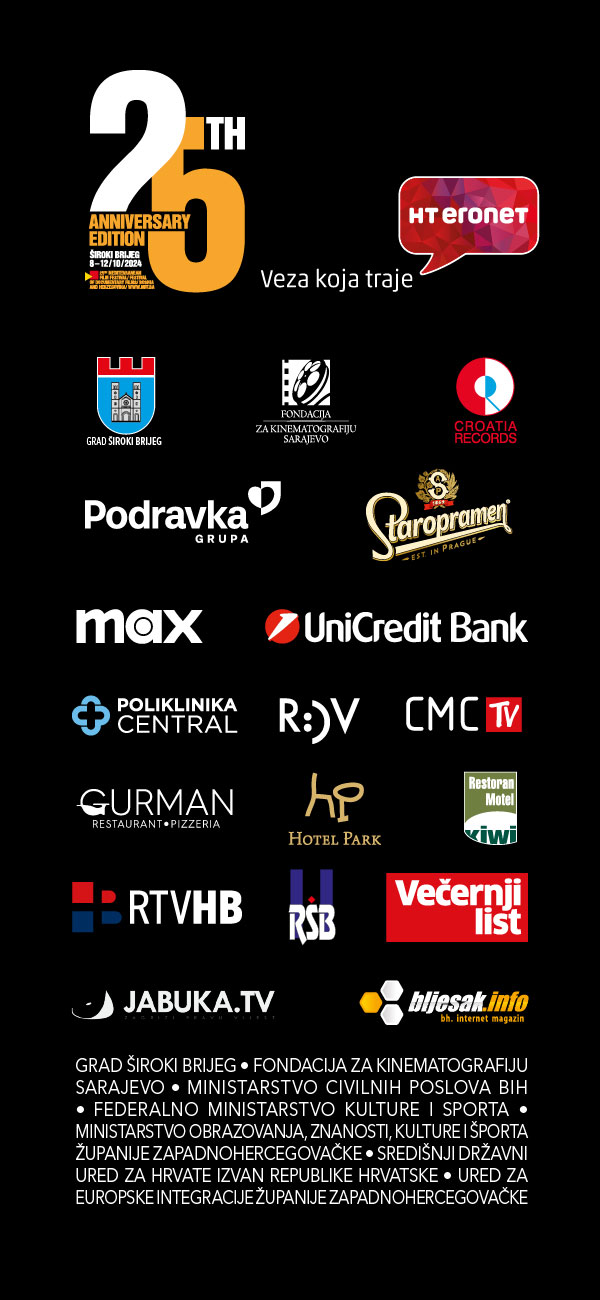
28/08/2015 Mediterranean film festival
Film in Herzegovina is very much alive
“Maybe the greatest success of the Mediterranean Film Festival is that it has survived for all these years, especially in these times of recession, and what’s more it is growing every year in terms of quality and quantity”, says Tomislav Bubalo, video coordinator of the festival of documentary film that is going through its 16th edition these days in Široki Brijeg . Another success, as Bubalo points out, who is also a jury member in the category of the short film this year, is the education of the audience, which previously did not have the opportunity to see films like these in their town, and education of the young people through the workshops that are traditionally organized during the festival.
“Film schools are rare in these parts, so young people have no opportunity to learn something about filmmaking. Academies are far away, and accept a limited number of students and it is not so easy to enrol, so workshops like this are a great chance for the young people to get the initial knowledge. A short film is created at every workshop, so the attendees become familiar with the entire procedure, from the development of the script and project, preproduction, casting, location selection, sound and picture recording, acting, editing, postproduction and mastering”, says Bubalo and adds that the advantage of the workshop attendees is that they are included into the organizational part of the festival, where they acquire additional skills and contacts.
Film in Herzegovina is alive, not only during the Festival, and that is confirmed by the Home Authors program, which is becoming bigger every year and enables the local productions and individuals to present themselves and to motivate others to get engaged in film, professionally or non-professionally.
“The fact that, year after year, we have more and more home films is delightful, and the fact is also that many of these would hardly get a better opportunity for presentation with minimum or no expenses at all. Specifically, the production I work for never applies films for the MFF competition, because of the potential conflict of interests, but this program enables us to present our work to the local audience”, says the leading man of the production house Kadar, which has a number of successful cooperations like in the feature film ‘A stranger’, ‘Lost Button’, and maybe their most recognizable film in Herzegovina is the documentary ‘3 Days’ by Zdenko Jurilj.
Kadar is not the only firm in our parts that is engaged with this work, but as Bubalo says it would be better to have more productions, because the film infrastructure would become stronger and the number of film workers would increase.
“Besides our firm, there is also MC Media in Široki Brijeg, which has the film ‘Untameable Cardinal’, a story about the cardinal Alojzije Stepinac, in this year’s Home Authors program. There are also several productions in Mostar, but I think Mostar, as the biggest town in Herzegovina, should contribute more to the film industry. The sector of shooting events, especially weddings, is very developed in Hrezegoivna, and even though a lot of people think of these productions with irony, they most certainly have particular potential in terms of staff and technique. The media scene has also started to develop lately, new TV houses have emerged and I believe that this will contribute to the development of the film scene in Herzegovina because these are related activities”, says Bubalo and points out that films created in Kadar were screened at many festivals in our country and around the world, among others at SFF, ZagrebDox, Berlinale, and Lithuania, Slovenia, Kosovo, South Korea, USA...
Currently his production is working on two documentaries – ‘White Road’, a story about the humanitarian convoy for Nova Bila and ‘Radio Ganga’, a story about the last ganaga singers and their promoter Tomo Matković. Besides that there are always a couple of ideas in the stage of development, which will sooner or later become another film, and their greatest obstacle is lack of finance.
“The film has always been an expensive toy. The technique is somewhat more accessible than it used to be, especially cameras, but the film implies a lot more in front of the camera, behind and around it. Film, especially in small countries and small languages, can hardly become commercial, the production expenditures are big, and there is almost no profit. In entire Europe the film is mostly financed by the state grants, otherwise it would probably not exist. Even though we live in a poor country and we are aware that there is no money for other needs too, the amounts that are allocated for culture are much smaller than in other countries, on all levels from the cantons to the state”, explains Bubalo and says that considering that one or two feature films are made in our country, BH film accomplishes amazing results.
As a big drawback on the local film scene Bubalo points out the fact that the production is mostly concentrated in Sarajevo, as if the rest of the country does not exist. Herzegovina also fits into this, which, even though has several production firms and film festivals, has the space for progress.
“The thing that is necessary to do is to work on improvement of film infrastructure and to create the personnel for all the film sectors. We have a great number of good actors, however they live and work mostly aboard. We miss authors and technical staff, cameramen, sound and light masters, set designers, costume designers, set workers... The registration of the association of film workers in Herzegovina is underway, and it should gather all of us engaged in this business into one organization that should have strength to obtain the improvement of the status of film and culture in general”, says Bubalo and points out that, among the countries in the region, Croatia has done the best job with founding the HAVC.
Bubalo believes that in near future the interest of the young people for the processes of creation of a film will strengthen the film production in Herzegovina, which has the potential but, in his opinion, it is not used enough. Mediterranean Film Festival contributes to this for sure, which enables the local productions to present themselves to the local audience that often does not even know what is happening on the movie screen in their surroundings.


